After the disaster
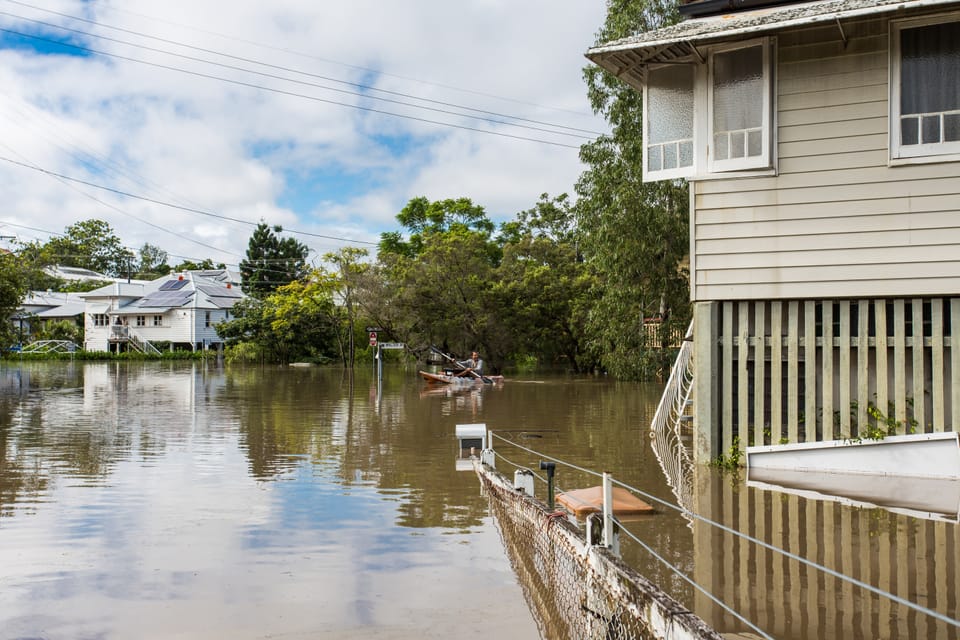
It might be a few days. Or maybe even a couple weeks.
For a brief period before and after the next bushfire, cyclone, or flood, the familiar capitalist norms will be abandoned.
Instead of focussing only on our individual material wealth – on how much money we can make, or how many luxury goods and services we think we ought to consume – many more of us will become, in essence, communists.
By ‘communists’ I don’t mean authoritarian, Soviet Union-style Stalinists. I mean self-organising communities of autonomous individuals who help each other without expectation of financial reward or direct reciprocation.
A lot of people who would usually only do nice things for their kids or spouse will, for a short while, start giving whatever time and resources they can to their broader community – even to complete strangers.
We will start acting less like selfish, 21st-century, dominant-culture Westerners, and much more like the vast majority of humans around the world and throughout history have tended to act most of the time.
Depending on the scale and breadth of the disaster, there might even be an over-abundance of volunteers – thousands of people willing to take time off their usual jobs and other responsibilities to assist in the recovery. Community groups who usually struggle to attract volunteers will suddenly have more sign-ups than they know what to do with.
New friendships will form. Neighbours will swap phone numbers and repeat phrases like “anything you need, just sing out.” Amid the chaos and hard work, people will find they somehow also have more time to chat and connect and think together about what kind of world they want to live in.
It’ll feel like all the usual rules regarding how we’re supposed to relate to each other, and what we’re meant to prioritise, are temporarily suspended.
The disaster capitalists will use the disruption to find new ways to extract profit. They’ll argue for relaxed regulations to support ‘rebuilding,’ and government handouts that end up lining shareholders’ pockets rather than helping the people who actually need support.
But for those of us who seek deeper social and cultural transformation – who understand that the latest disaster is just a particularly severe crescendo of the broader, ongoing colonial-capitalist polycrisis that’s destroying the planet and trapping billions of people around the globe in permanent poverty – this suspension of business as usual offers a different opportunity.
We have a chance – and a responsibility – to stretch out the citywide upsurge in altruism for as long as possible... To extend that feeling of obligation and goodwill towards others beyond the immediate cleanup itself.
Thousands of people – perhaps hundreds of thousands – will be realising how good it feels to show care and generosity towards strangers – to be part of a real community. We’ll be remembering that our fates are inextricably connected to the wellbeing of everyone else who lives around us – that we aren’t really islands after all.
What if we can hold onto that feeling and prolong the interregnum?
What if the disaster prompts a cultural shift where, after the immediate cleanup is over, we don’t just return to business as usual, but start looking for other ways to help each other?
If we can consider offering shelter to flood or bushfire victims who’ve been made homeless temporarily, can we also find ways to shelter the victims of capitalism who’ve been left homeless long-term?
If we can share food with people who don’t have anything to eat due to power cuts and empty supermarket shelves, could we not just keep sharing food even after the power comes back on?
I’m lucky enough to be part of communities where people are willing to give a lot of time and energy towards helping others beyond their immediate family or household, without expecting to be paid for their time or reimbursed for expenses.
What if our whole city became that kind of community?
What if the informal networks of neighbourhood support that spring up after a disaster could persist and diversify and flourish long after the disaster itself is a distant memory?
What would it take to make that happen?
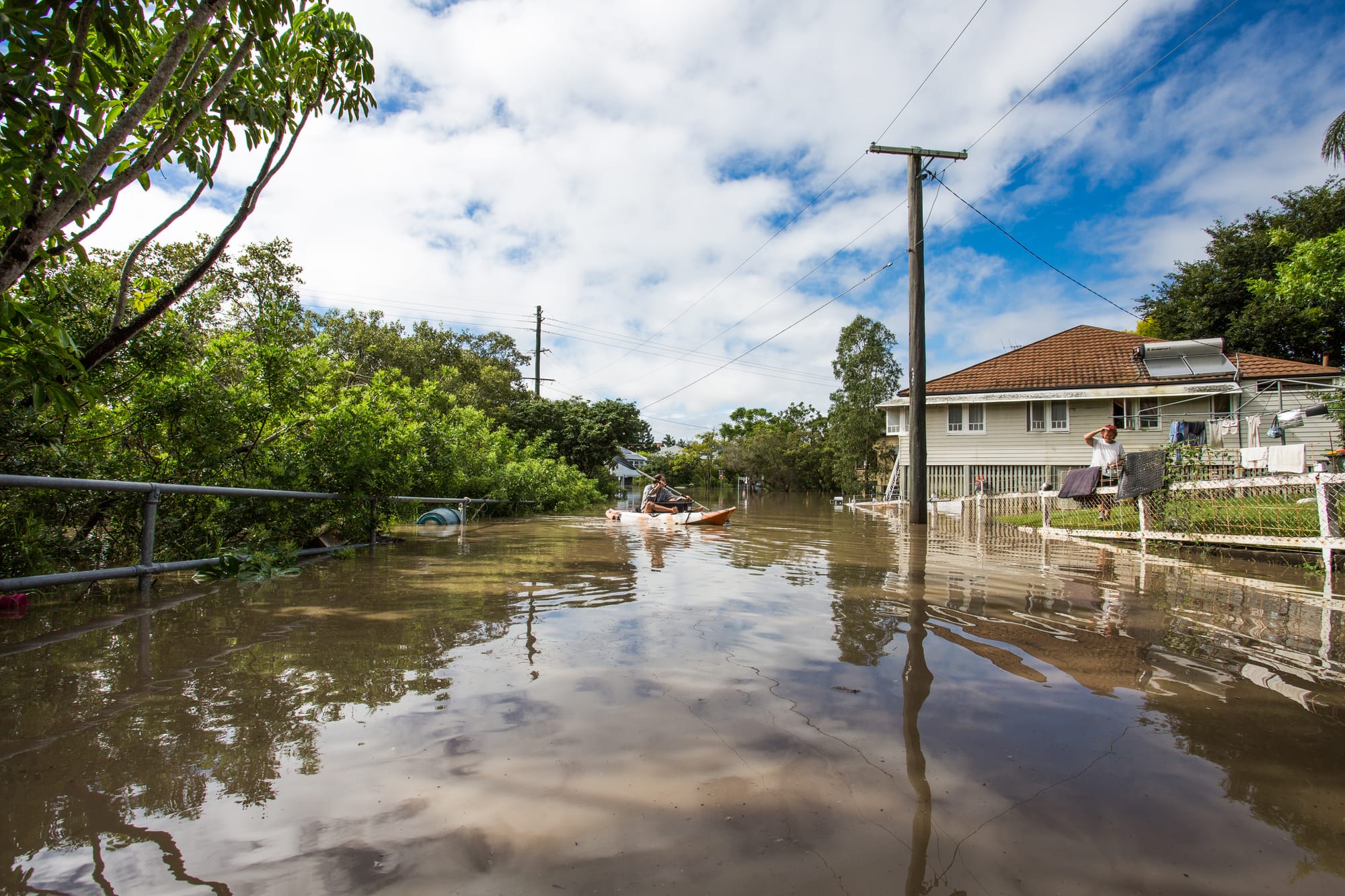
After the disaster, there are three things we mustn't overlook:
- When the government finally gets its act together and begins offering various forms of centralised, top-down, often-tokenistic support and assistance, we must build upon that and continuing cooperating and supporting each other too, rather than saying “ok the government is helping my neighbours now, so I can get back to my normal life.”
- When the profiteers move in, seeking to jack up prices or water down regulations to stimulate ‘economic recovery,’ we must push back.
- As we build a new world in the muddy/burnt-out shell of the old, we have to do everything we can to ensure that the corporations, billionaires and bankers who caused this – especially the coal, gas and oil companies who’ve dug up, exported and burned fossil fuels for profit – are held accountable, and made to cover the costs of both the immediate recovery, and the broader transformation we desperately need.
As unnatural climate disasters become more frequent, impacting communities even before they’ve recovered from the previous flood, fire, or supply chain disruption, we will have to come to terms with a new reality.
To some extent, all of us are in denial about what that means, and how deep and broad the transformation needs to be.
The pressure to ‘get back to normal’ will be strong.
But ‘normal’ is a suicide pact.
After the disaster, change must come.
Further reading:
- Naomi Klein - The Shock Doctrine (2007)
- Rebecca Solnit – A Paradise Built in Hell (2009)
- Antony Lowenstein – Disaster Capitalism: Making a Killing out of Catastrophe (2015)
- Nick Southall – Disaster Communism and Anarchy in the Streets (2024)

Support writing like this and stay in the loop about green politics, radical municipalism and cool happenings in Brisbane...
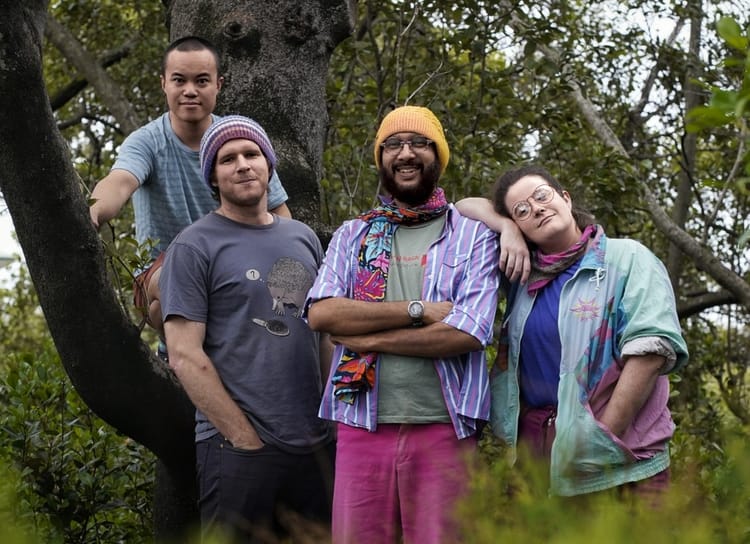

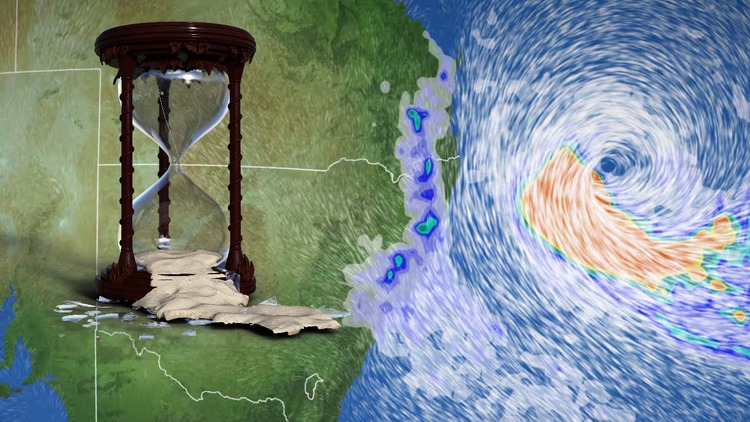
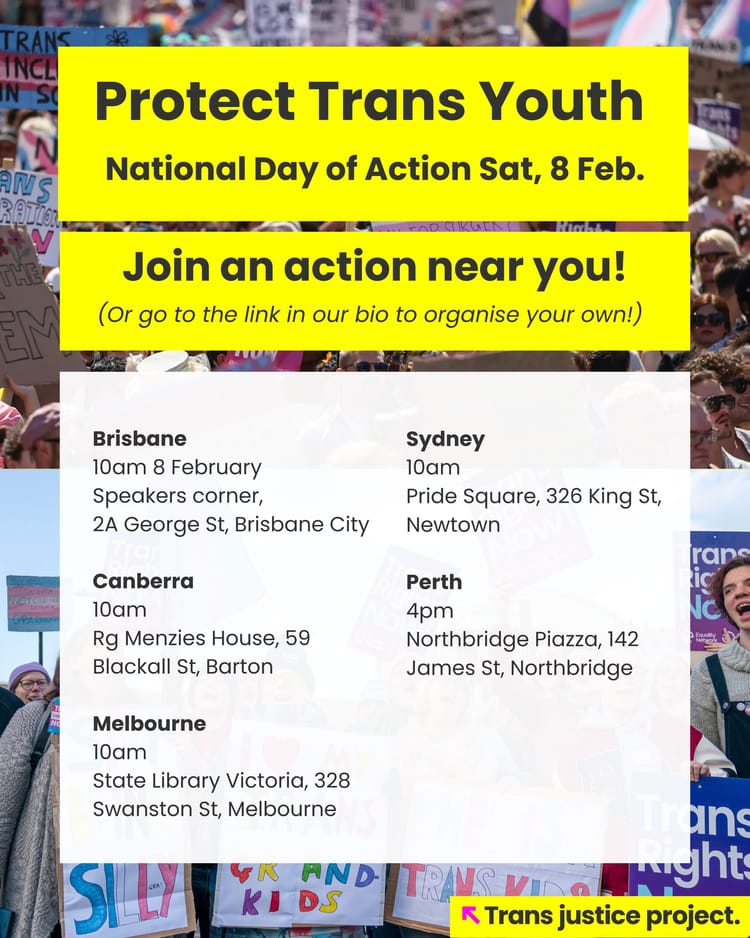
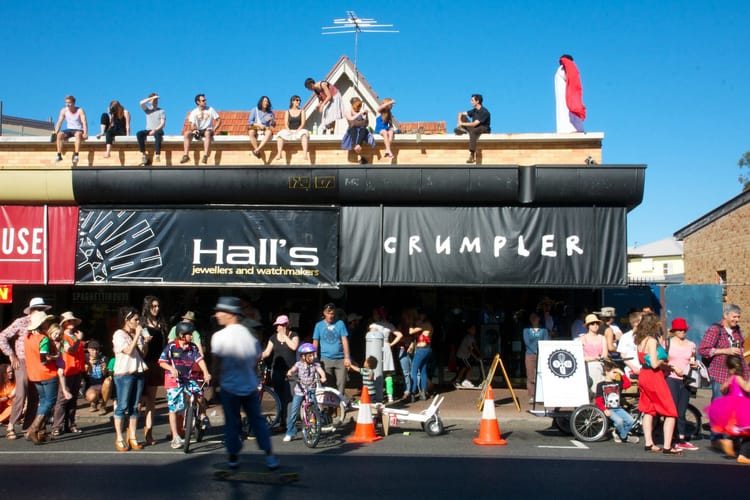
Member discussion